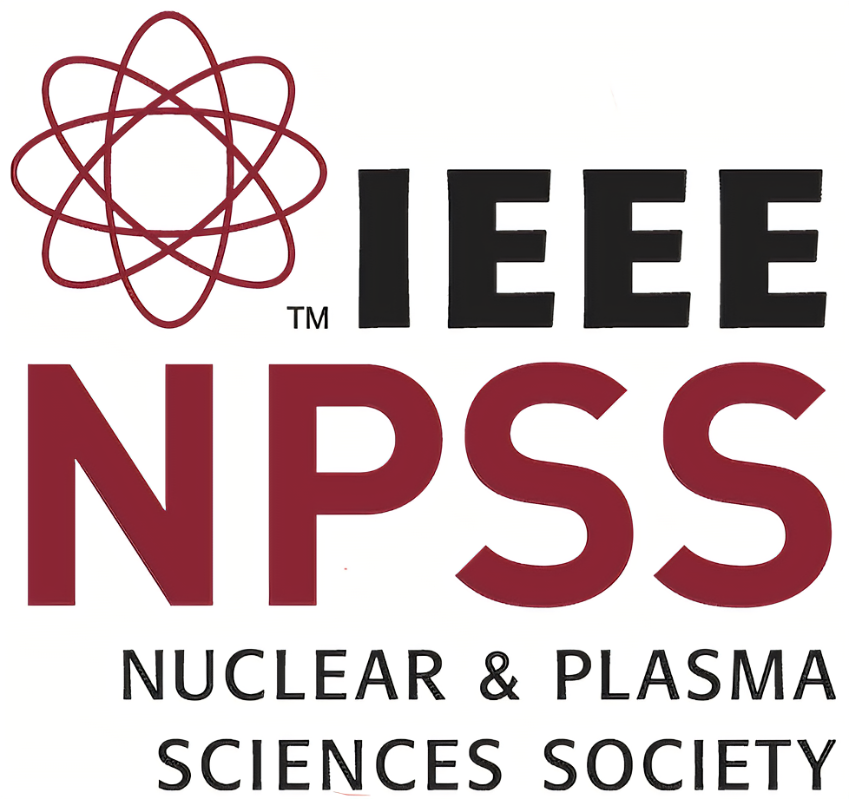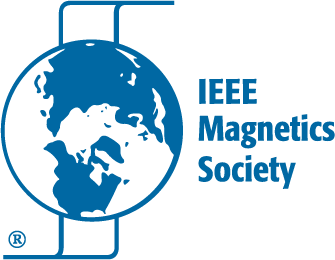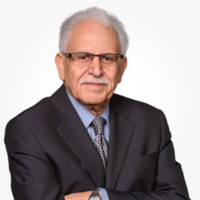Joint Applied Physics Chapter
The Vancouver Section Joint Applied Physics Chapter serves the members of four distinct IEEE technical societies:
- IEEE Nuclear & Plasma Sciences Society (NPSS)
- IEEE Instrumentation & Measurement Society (IMS)
- IEEE Magnetics Society (MS)
- IEEE Ultrasonics, Ferroelectrics, and Frequency Control Society (UFFCS)
We also welcome all IEEE members and members of the technical community at our events.
We offer technical talks covering variety of topics that are related to the interests of the member societies.
Any suggestions for speakers, topics, activities, etc. are welcome and will be highly appreciated.
Please contact us with your ideas, suggestions, and requests.
Chapter Chair: Dr. Ahmed Hussein
(email: Ahmed.Hussein_01 at ieee.org)
Dr. Ahmed Hussein is a physicist recognized for his significant contributions to nuclear and particle physics, nuclear astrophysics, and nuclear power reactors. He holds both a Master’s and a PhD. from the University of Alberta. Dr. Hussein was the founding chair of the Physics Department at the University of Northern British Columbia (UNBC),where he now serves as Professor Emeritus. Additionally, he is an Affiliate Scientist at TRIUMF, Canada’s national particle accelerator center. Much of Dr. Hussein’s research has been conducted at Los Alamos National Laboratory in the United States and TRIUMF in Canada.
Dr. Hussein was also the founding director of the Energy Research Laboratory at the University of Petroleum and Minerals in Saudi Arabia. Moreover, he was a key member of the founding team of the DRAGON Astrophysics Facility at TRIUMF, a facility contributing to groundbreaking research in nuclear astrophysics.
With over two decades of service to the IEEE, Dr. Hussein currently serves as Chair of the Joint Applied Physics Chapter, Vancouver Section. He is also the co-founder of Dual Fluid Energy Inc. (DFE), where he served, for two years, as a Board Member and Chief Research Officer.
https://www.researchgate.net/profile/Ahmed-Hussein-118
https://ca.linkedin.com/in/ahmed-hussein-73a8975
Upcoming Events
To obtain a search list of our past and upcoming Joint Chapter meetings from Vtools Events, please click on the following chapter events – search URL
To view all upcoming meetings in the Vancouver Section, please visit the Section Event Calendar page:
Presentation Series – Clean Energy, Nuclear Technology and SMRs
The Joint Physics Chapter, in cooperation with IEEE Vancouver Section, IEEE Future Directions Committee is offering a series of presentations addressing clean energy, nuclear technology and small modular reactors (SMRs). Please click on the navigation link on the left hand side to visit the main page for the presentation series.
Technical Societies Represented
| IEEE Instrumentation & Measurement Society |  | The IEEE Instrumentation & Measurement Society is dedicated to the development and use of electrical and electronic instruments and equipment to measure, monitor and/or record physical phenomena. The fields of interest include metrology, analog and digital electronic instruments, systems and standards for measuring and recording electrical quantities (in both frequency and time domains), instrumentation and transducers for measurement of non-electrical variables, calibration and uncertainty, instruments with automated control and analysis functions, safety instrumentation, and new technology applications. |
| IEEE Nuclear & Plasma Sciences Society |  | The fields of interest of the IEEE NPSS include Nuclear Science and Engineering (including radiation detection and monitoring instrumentation, radiation effects, nuclear biomedical applications, particle accelerators, and instrumentation for nuclear power generation), and Plasma Science and Engineering (including plasma dynamics, thermonuclear fusion, plasma sources, relativistic electron beams, laser plasma interactions, diagnostics, and solid state plasmas). The NPSS sponsors more than seven conferences and four peer reviewed journals. |
| IEEE Ultrasonics, Ferroelectrics, and Frequency Control Society |  | The IEEE UFFC Society promotes the advancement of the theory, technology, materials, and applications relating to the generation, transmission, and detection of ultrasonic waves and related phenomena; medical ultrasound, and associated technologies; ferroelectric, piezoelectric, and piezomagnetic materials; frequency generation and control, timing, and time coordination and distribution. |
| IEEE Magnetics Society |  | The IEEE Magnetics Society field of interest is the "Treatment of all matters in which the dominant factors are the fundamental developments, design, and certain applications of magnetic devices. This includes consideration of materials and components as used therein, standardization of definitions, nomenclature, symbols, and operating characteristics; and exchange of information as by technical papers, conference sessions, and demonstrations." |


